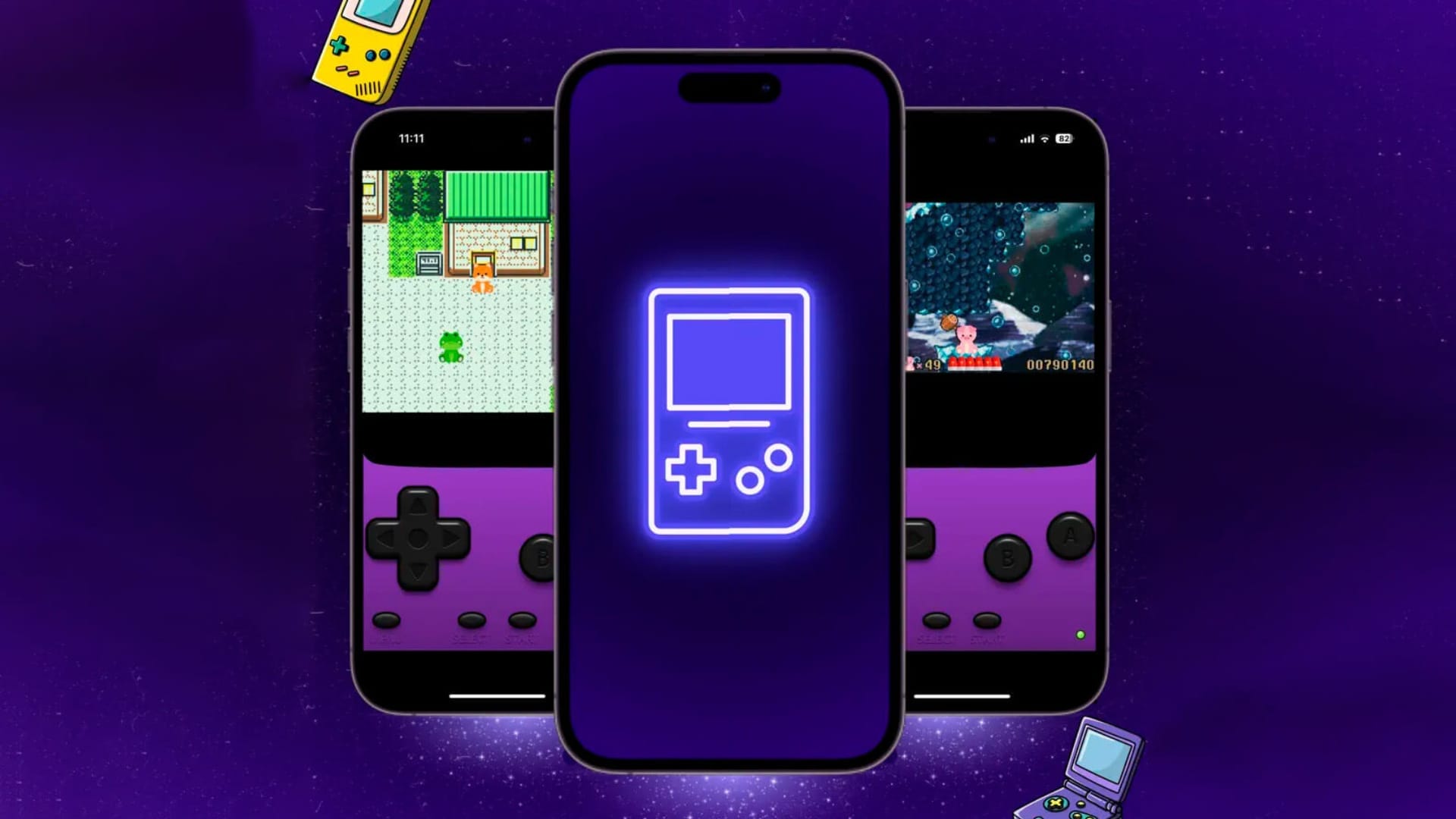First Apple-approved iPhone emulator pulled due to copyright concerns
The first Apple-approved iPhone emulator, iGBA, pulled from the App Store due to copyright violations and privacy concerns.

The recent debut and swift removal of iGBA, the first Apple-approved emulator for the iPhone, marked a significant moment for retro gaming enthusiasts. Promising the ability to play Game Boy Advance games on iPhones, iGBA quickly gained attention. However, its journey was cut short when Apple pulled the app from the App Store due to copyright concerns.
Unauthorised clone of GBA4iOS
Developed by Mattia La Spina, iGBA was soon revealed to be an unauthorised clone of GBA4iOS, an open-source emulator created by Riley Testut over a decade ago. Testut’s emulator, which uses the GNU GPLv2 license, has been a popular choice for iOS users seeking to play Game Boy Advance games on their devices. However, iGBA’s failure to reference the license led to its removal from the App Store for violating copyright and spam rules.
In addition to the copyright issues, iGBA raised privacy concerns among users. The app’s App Store listing indicated that it collected data that could potentially identify users, such as location data and identifiers. This raised questions about the app’s data collection practices and whether users’ privacy was being adequately protected.
The future of emulators on the App Store
iGBA’s removal from the App Store raises questions about the future of emulators and similar apps on the platform. While Apple has started allowing emulators, the iGBA controversy highlights the challenges developers face in ensuring their apps comply with Apple’s guidelines and respect intellectual property rights.
The closure of iGBA has disappointed many retro-gaming enthusiasts who saw the emulator as a gateway to reliving classic gaming moments on their iPhones. It also raises concerns about the availability of other emulators and retro gaming apps on the App Store, as developers may now face stricter scrutiny and enforcement of copyright laws.
iGBA’s brief appearance on the App Store served as a reminder of the complexities surrounding app development and copyright issues. While the prospect of playing Game Boy Advance games on iPhones was exciting, iGBA’s unauthorised nature ultimately led to its downfall. As the App Store continues to evolve, it will be interesting to see how Apple addresses these challenges and what the future holds for emulators and similar apps on the platform.
















